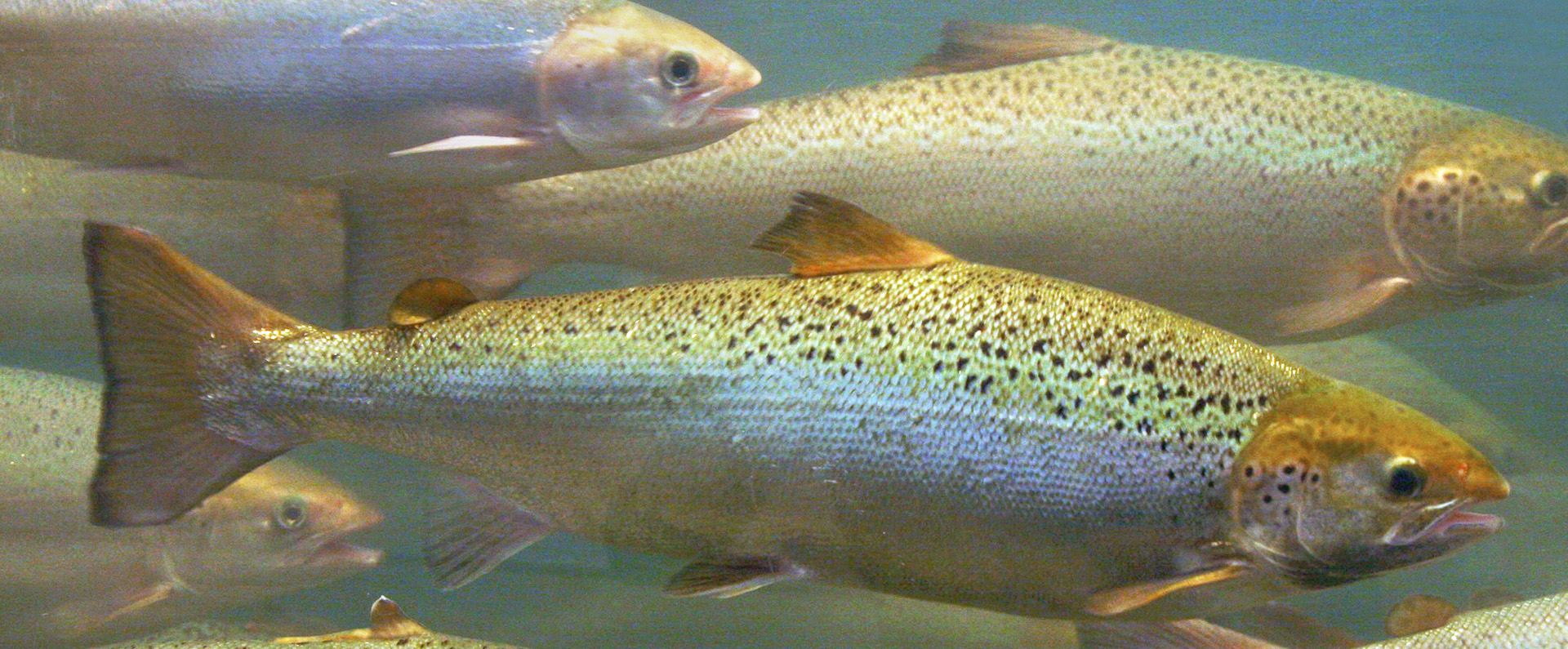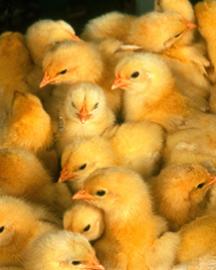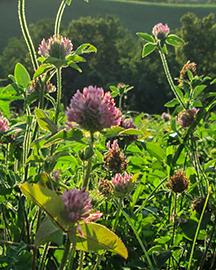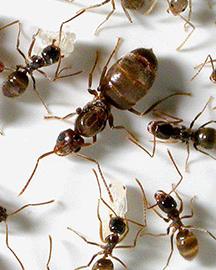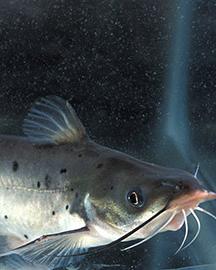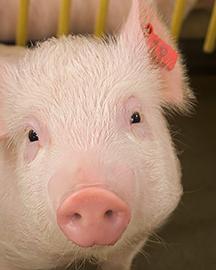New Breeding Tools Boost Atlantic Salmon Production
North American Atlantic salmon is a popular farmed salmon in the United States, and consumer demand for this tasty fish continues to grow. The number of U.S. commercial Atlantic salmon farming operations is expected to increase 5-fold over the next 3 years, and these fish farmers are looking to ARS for improved strains that produce bigger yields, are disease resistant, and have the sensory qualities (size, flesh, taste) that consumers want.
To meet these challenges, ARS researchers in Franklin, ME, and Leetown, WV, created an improved genome reference sequence for the North American Atlantic salmon and developed the first DNA chip that enables the use of genomic information in breeding strategies. Researchers can use the DNA chip to accurately track and assess genetic impacts on fish growth, resistance to disease, market weight, and other qualities. This valuable data can then be used to improve selection accuracy (which fish should be selected for breeding) by as much as 50 percent, therefore increasing the pace of bringing improved fish genetics to farmers while reducing the costs of breeding programs.
Related Information


